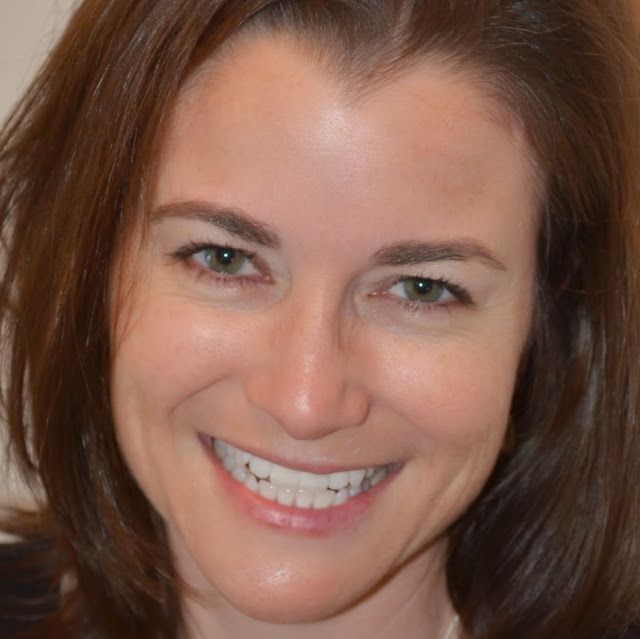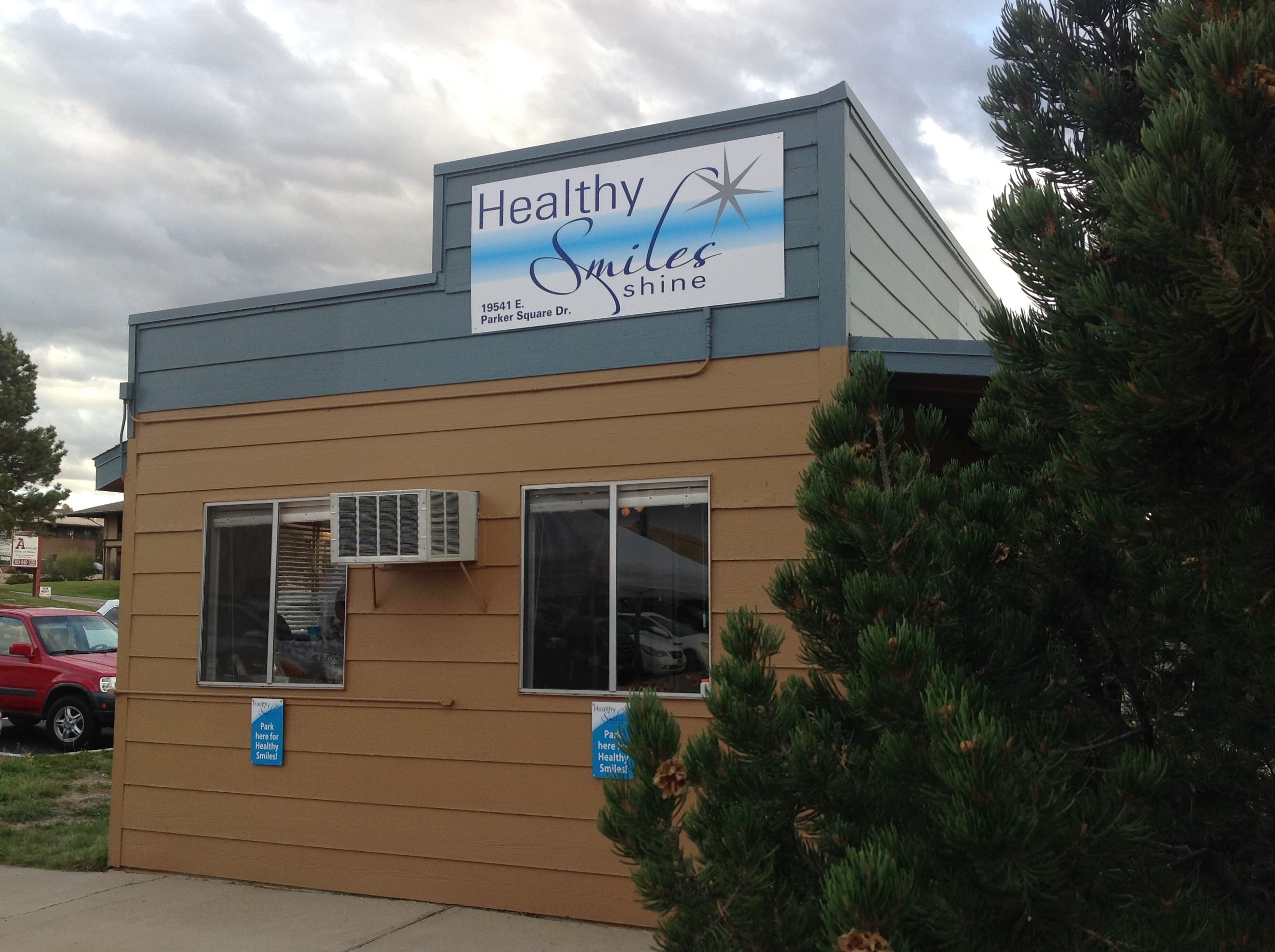Thoughts from a Colorado dental hygienist on opening her own practice and serving the public
Note from group editorial director Kevin Henry: As a resident of Colorado, I have seen that this state does things a little differently than the other 49 sometimes. I mean, you’ve heard about our sales of marijuana for recreational and medicinal usage, right? Let’s face it, the state has been a trailblazer on some edgy topics … and that includes dental hygienists being able to open their own practices.
Note from group editorial director Kevin Henry: As a resident of Colorado, I have seen that this state does things a little differently than the other 49 sometimes. I mean, you’ve heard about our sales of marijuana for recreational and medicinal usage, right? Let’s face it, the state has been a trailblazer on some edgy topics … and that includes dental hygienists being able to open their own practices.

I recently had the pleasure of meeting Liz Miller, RDH, at a conference we were both attending. When I first met her, I could immediately see the passion in her eyes for dental hygiene as well as helping others. She told me about her upcoming opening of her own clinic in Parker, Colo., and I am glad to say I was there on the night that she officially became open for business.
I asked Liz if she would mind answering some questions about how things worked for her in Colorado and her goals for the future. I thought other hygienists around the country would be interested to see her plans and business model. I appreciate her openness and willingness to share with me and the readers of Modern Hygienist.
Kevin Henry: How did you get started in dental hygiene?
Liz Miller: Growing up, I always enjoyed going to the dentist. I loved the feeling of having my teeth cleaned! The staff at the office we went to was always so friendly, too. I guess they won me over to their profession. I knew from a young age that I wanted to be in the dental field in some capacity. After learning about dental hygiene and wanting a 4-year degree, I decided to start there and, 18 years later, I still love it! The dentist we went to growing up, Dr. Borg, still practices in Westminster, Colo. I know he loves his job and that means a lot to me … that I had a dentist who cares about his patients and the work he does. I hope my patients feel the same way, that I care about them and the job I do for them.
Free e-book: 3 things you might not know about piezoelectric scalers
Henry: You do a lot of mobile visits. How did you get started doing that?
Miller: I started with the mobile idea because I like to reach out to people who don't normally see a dentist. With mobile, I had to have a way to get to them! The business has really been mostly word of mouth thus far, and supported by some Colorado small businesses that wanted to see their employees have access to dental hygiene care. Families also appreciate when I can come to them. They don't have to be in an office for hours, and moms can still be doing "domestic things" while the kids are being seen. For some individuals, like autistic kids, this idea works well because they do better in their own home than in a dental office. In those cases, both the patient and the family feel more comfortable.
I also visit a retirement community once a month. As we age, dental concerns affect our diet and health greatly. For some elderly, losing one tooth sets off a domino effect of problems. I have a few cases already, where catching a cavity early helped individuals not only keep a balanced bite (occlusion), but also helped keep them in as much of their natural dentition as possible. Often, once elderly are unable to drive due to age or health, dental cleaning and care is often put on the backburner, so they only go for dental care when there is a problem or pain. Unfortunately, sometimes there isn't pain in the elderly until the problem is not repairable (our nerve endings change as we age and some individuals just don't have feeling like they used to). So, even the pain markers are not helpful at that point, making routine care even more valuable to that population.
For all these reasons, I will continue to offer mobile services to my clients. I see a need and a niche.
Henry: Colorado is one of the few states where hygienists can hang their own shingle. Tell us about your new hygiene clinic and how it works.

Miller: I was fortunate enough to have a very small (535 square feet!) building become available in my town. These chances don't come in Parker often, so I decided to jump on it! I am not at my office every day and I do still offer mobile services, but it's great to have a steady location and I love the space! I am building my clientele over time, starting with relationships. I love learning about "the person behind the teeth." I enjoy getting to know patients and hearing their stories.
When you ask how it works, I reach out to people (through marketing, joining our Parker Chamber of Commerce, word of mouth, and just meeting people) who don't have a dental "home" in hopes of providing a welcoming place for them to get back into routine dental care. I talk to every patient about still having dental exams with a dentist and helping facilitate that process if they'd like. I also offer teeth whitening and some patients come to me just for that.
Henry: Do you feel having a hygienist open her own practice helps overall oral health in Colorado?
Miller: Basically, I see the stats. Even since 2008, they have not changed in the U.S. Nearly half the population does not see a dentist regularly! That is the half I am hoping to serve. While I am not a dentist, often seeing a hygienist can be a person's first step back to better dental health and definitely to better periodontal health … with the goals being to help save teeth and help educate on the importance of and correlation of dental health to our general health (oral-systemic connection). So, yes, ideally Colorado should have better oral health with hygienists being able to serve more of the population. I know many of the patients I have seen have not had regular dental care or cleanings, so I am slowly making a dent. Medicaid in Colorado now also allows hygienists to bill for their services (for adults too), so that will help many individuals as well. I am in the process of learning about Medicaid and plan to sign up to accept Medicaid by the end of the year.
More for hygienists: 4 reasons hygienists should track their production numbers
Henry: How is your relationship with local dentists? Do they see this as a good or bad thing?
Miller: Most local dentists have been encouraging and even helpful. I know not all dentists will embrace the concept, but I have not had much negative feedback. I am also fortunate to have a local dentist that I have worked with for nine years, Dr. Cary LaCouture, who not only supports my idea, but still allows me to work for him! This is a huge blessing to me and my family. I consider him a mentor and love working in that general practice environment as well as my own. I feel very fortunate that I can continue to learn and work with people I love!
I strive to have a good working relationship with other offices in Colorado as well. My idea is that we all have the same goal of helping people have healthier mouths! Because I am mobile, I like to have dental offices in the areas I go to that I can refer to, so I have talked with quite a few other offices in various areas of Colorado. We work together to help patients get the care they need and, ultimately, to save teeth!
Henry: What are you able to do and what do you refer out?
Miller: Most of what independent hygienists can do is preventative (some new news though is that Colorado just passed limited prescriptive writing privileges for hygienists. This is exciting!). We can do oral cancer screenings, adult and child dental cleanings, apply fluoride, take X-rays (I have a cool little digital device), take intraoral images, perform sealants, educate and discuss diet as well as tobacco use, and whiten teeth. On the treatment side, we can diagnose and treat periodontal disease. We are not allowed to do any "cutting" of teeth or any permanent restorations (I wouldn't know how anyway!). When I see someone with moderate periodontitis, I will treat them initially and evaluate how they respond, and refer as necessary from that point to a periodontist. For any of the following, I refer out: decay, fractures, severe periodontal disease, orthodontics, endodontic concerns, extractions, occlusal wear/splints, jaw pain, and suspicious lesions.
Henry: How do you handle insurance?
Miller: I am just starting the process of getting set up with insurance. I now have an NPI number and will go from there. I have a feeling I have a lot of learning ahead of me with this, but I will give it a try and, if it makes sense, it will be something I offer. Many people do ask me if I take insurance, so I am hoping it will open the door to more new patients.
More for dental hygienists: The 6 things every hygienist should be doing to grow professionally
Henry: Do you wish every hygienist in every state could do what you're doing?
Miller: In Colorado, this concept has been available for 25 years and I feel like there are more and more hygienists interested in doing it all the time. I feel like the option should be there for other states as well. I do feel that a few years of clinical experience in an office would be a great idea as a requirement prior to becoming independent. I feel that my years of experience have helped a lot in my own practice. Just knowing how to handle referrals and how to emphasize the importance of still seeing a dentist are two key parts to helping maintain a person's oral health. I would love to see my colleagues across the nation have the same opportunity that I have! Oral health is key to a person's overall health. The more passionate and competent hygienists that are out there who can spread that word will only help in changing the mindset of the public about what hygienists do, and the importance of our role in dental and general health.